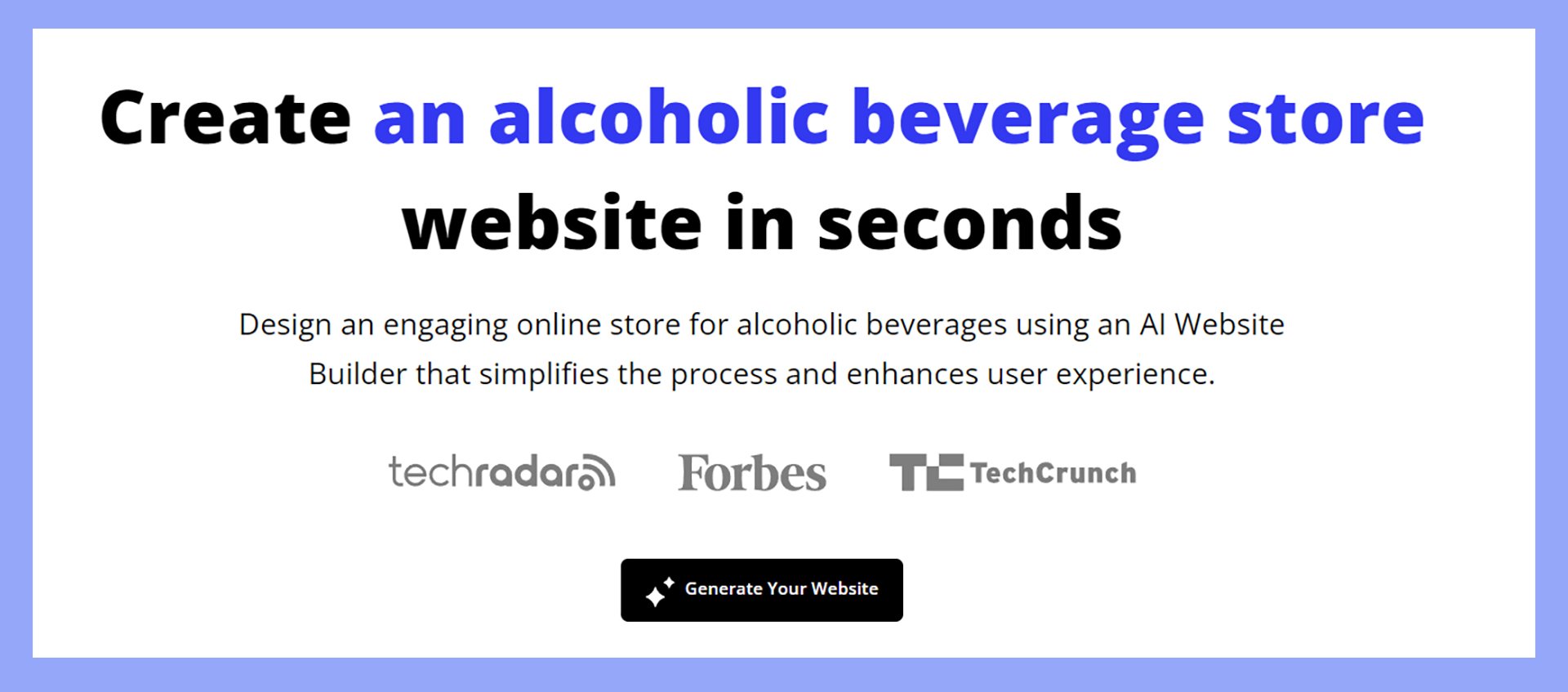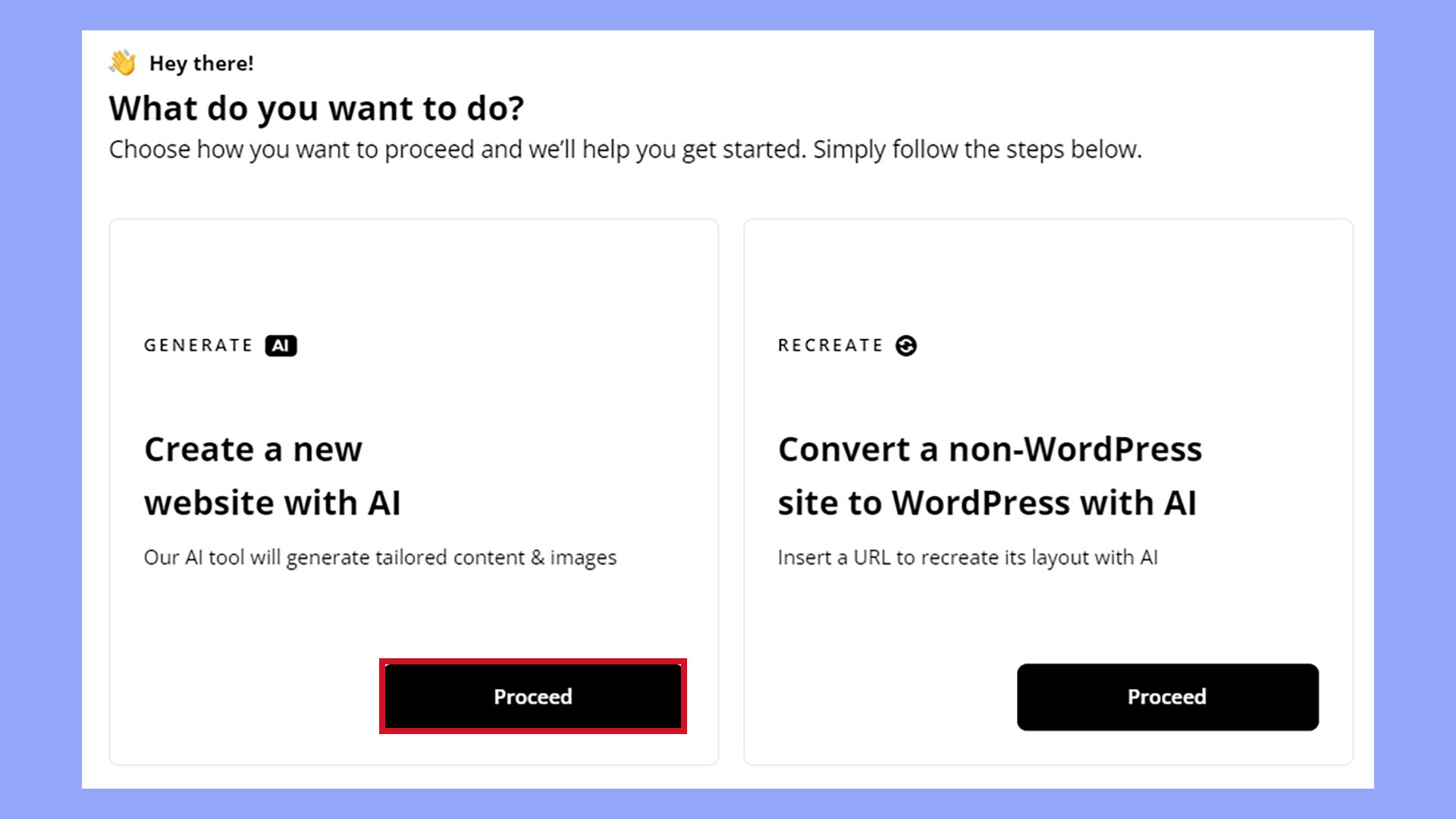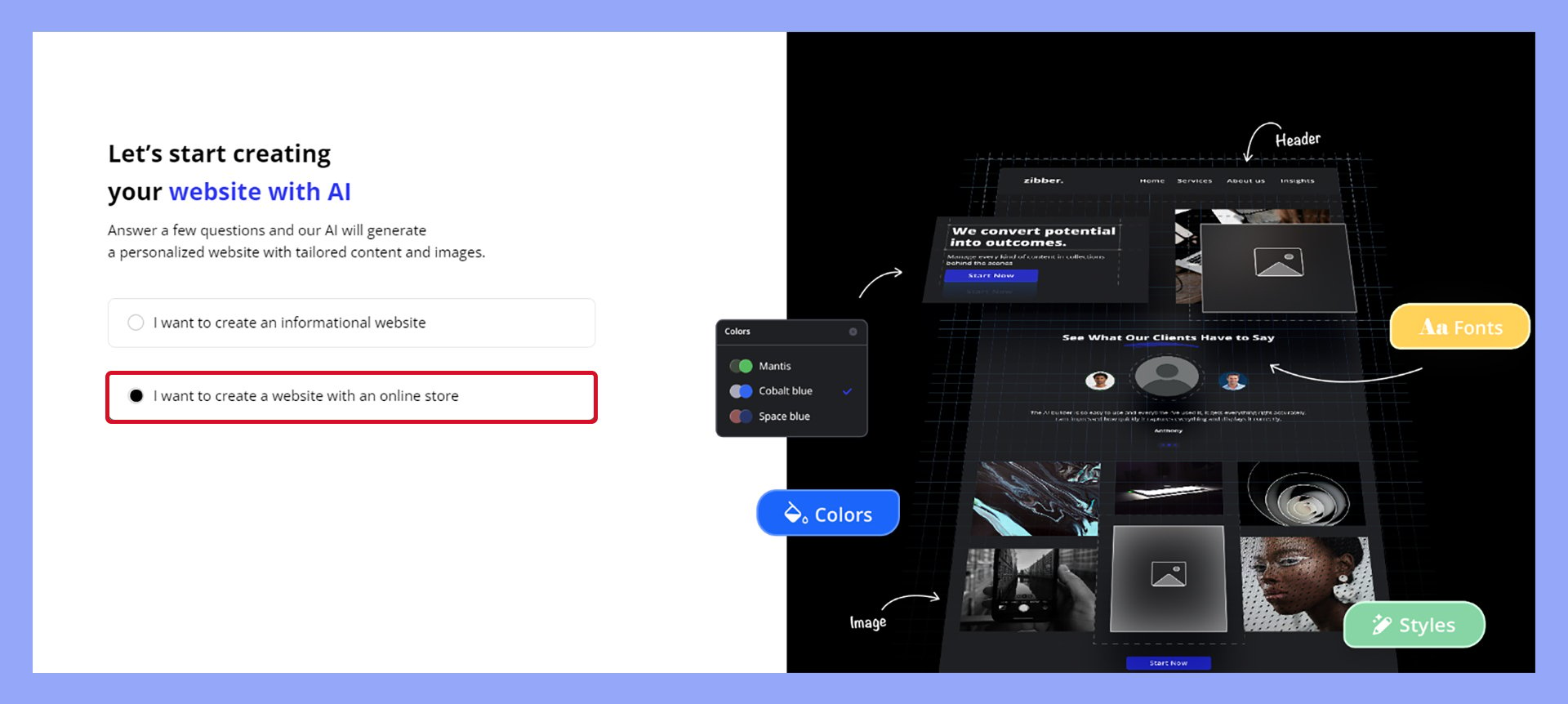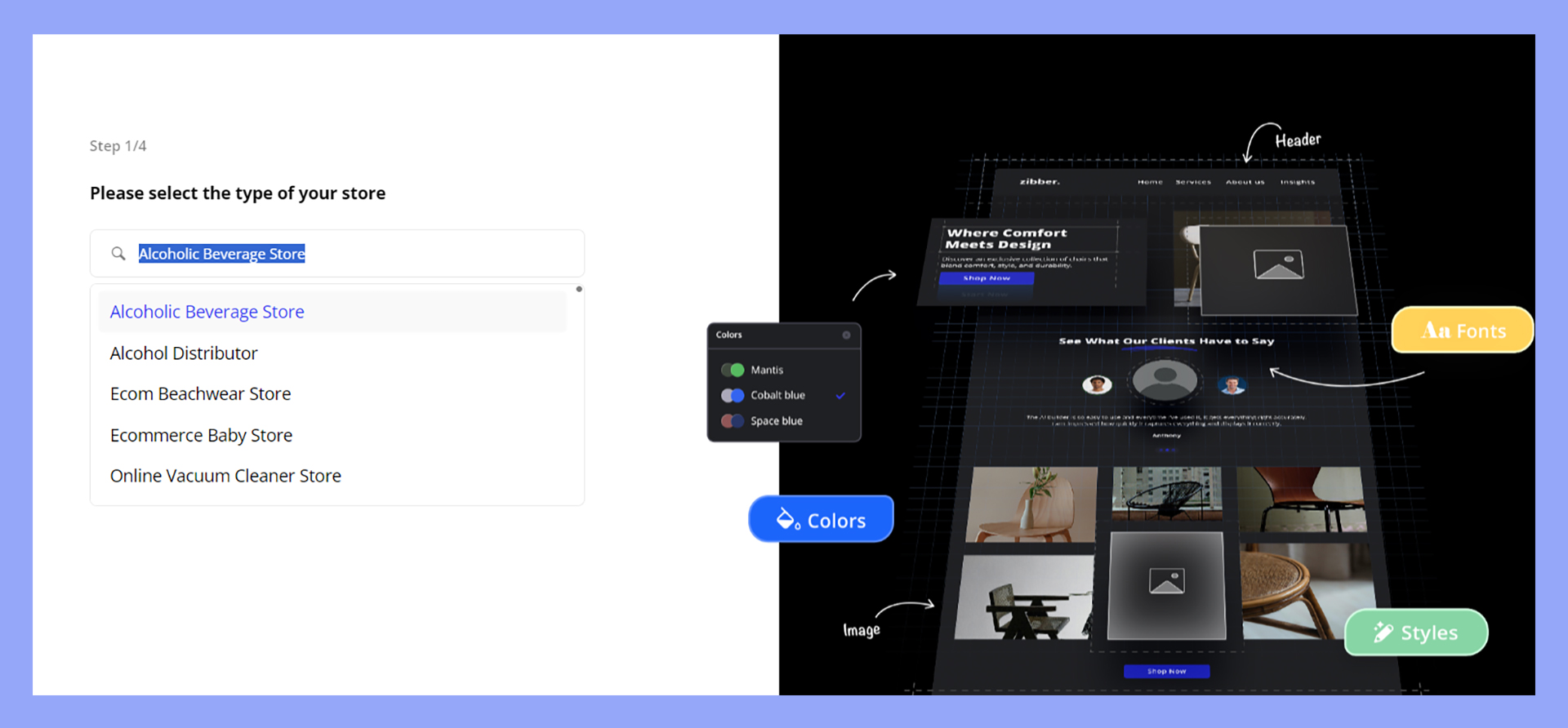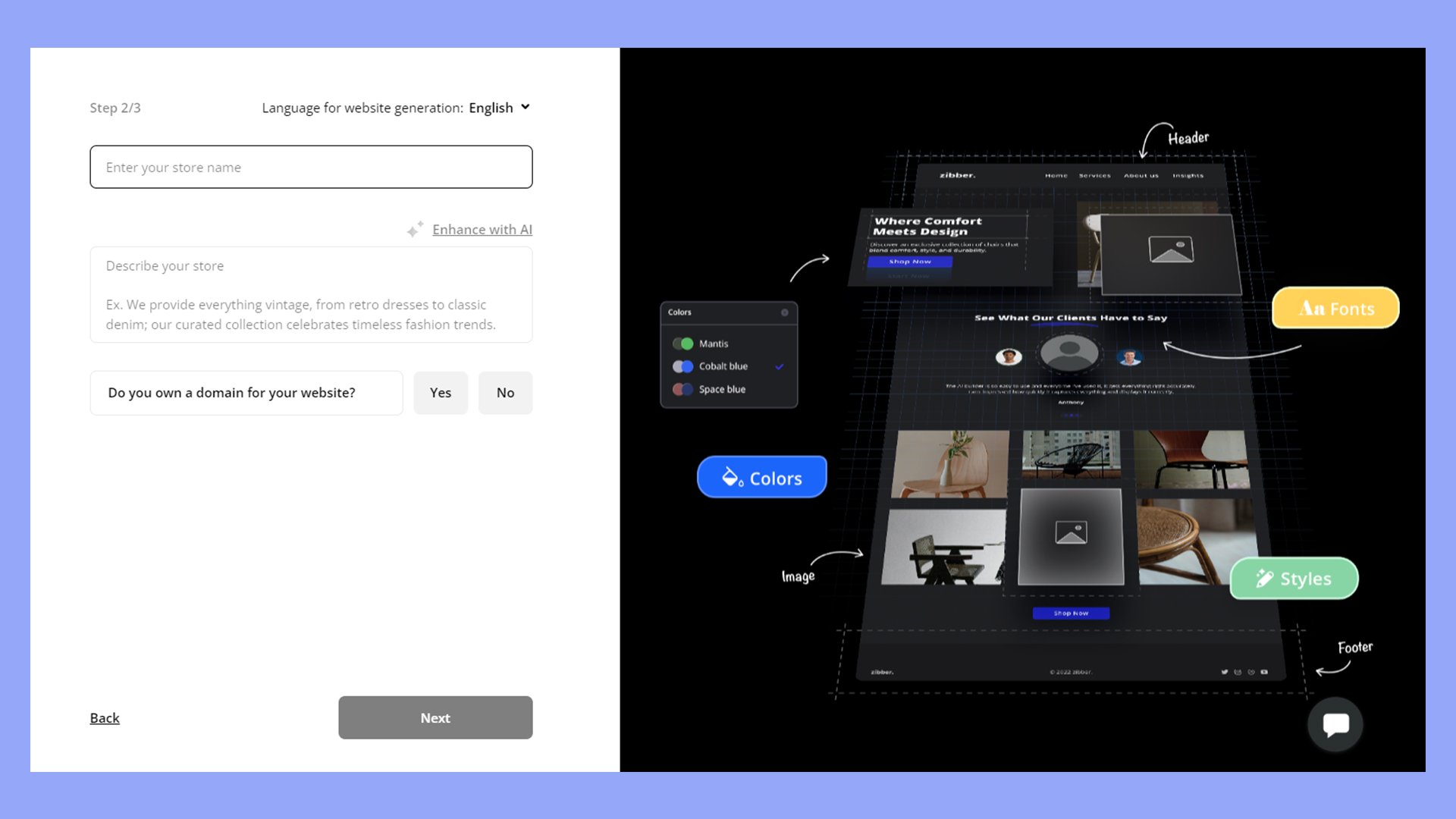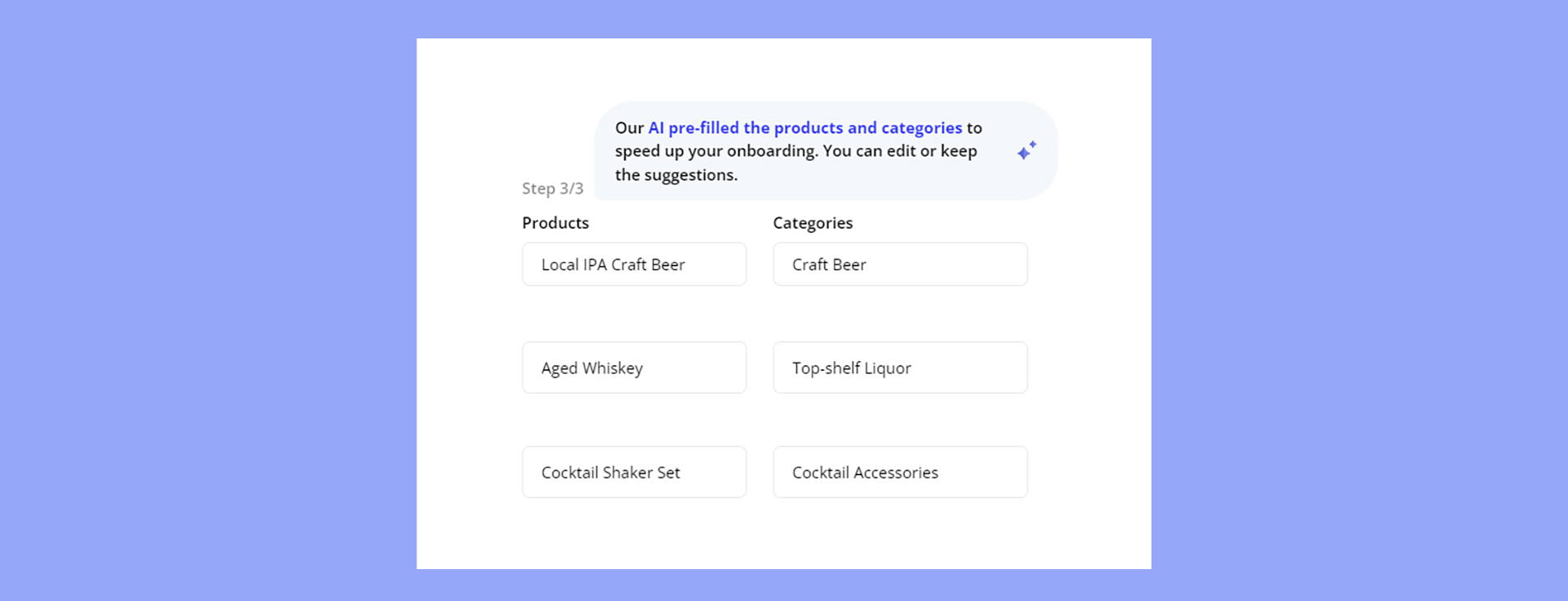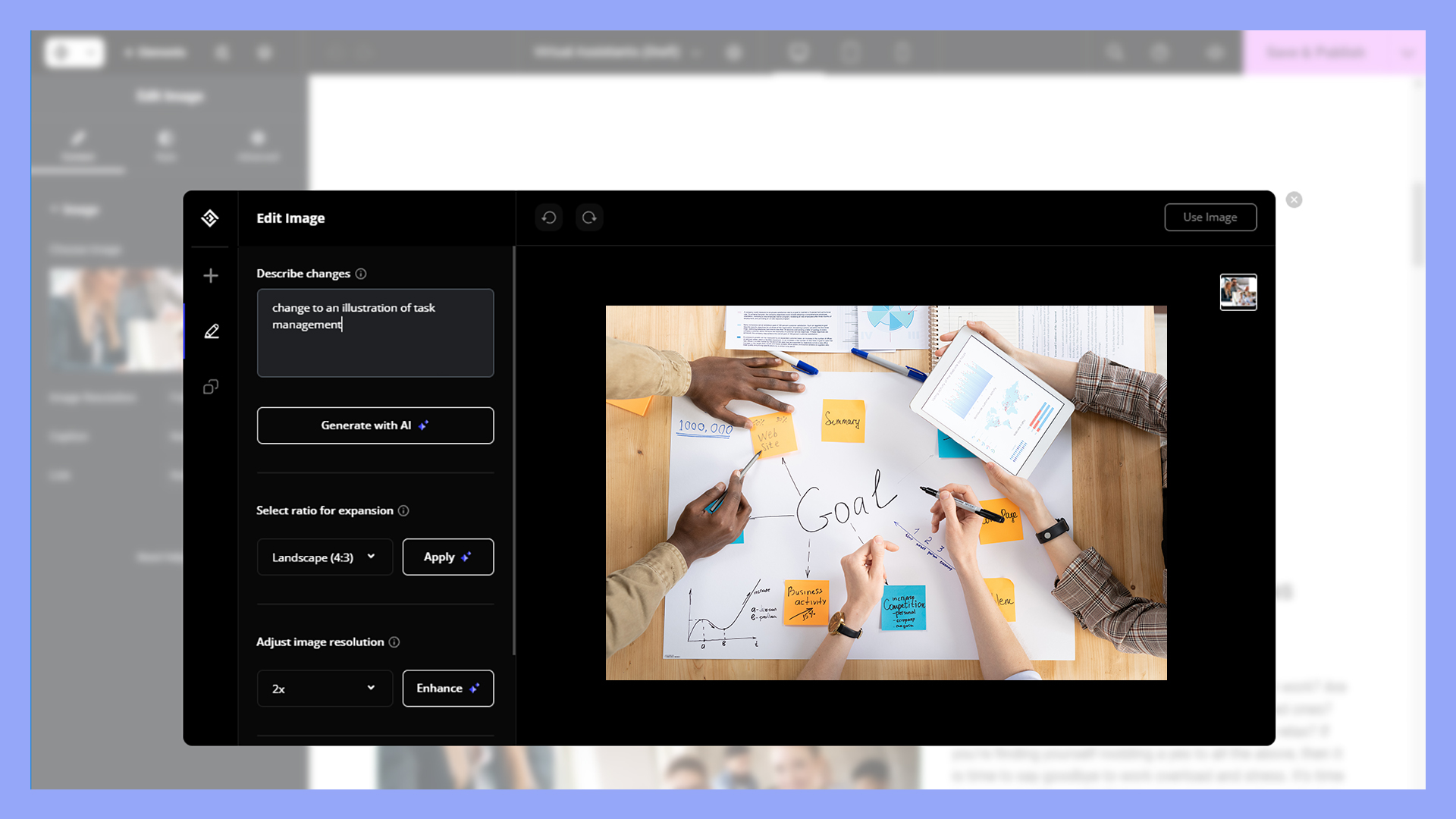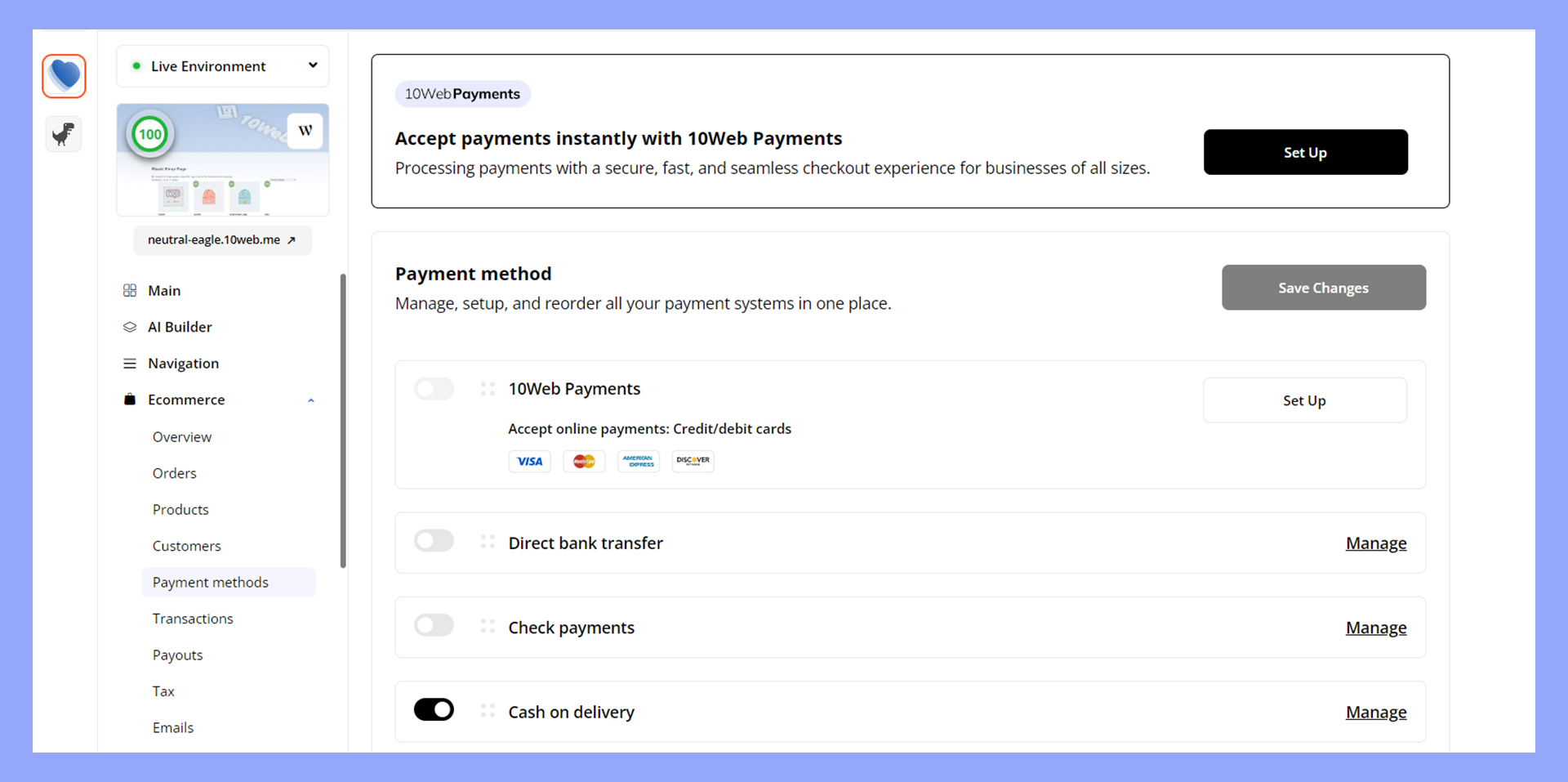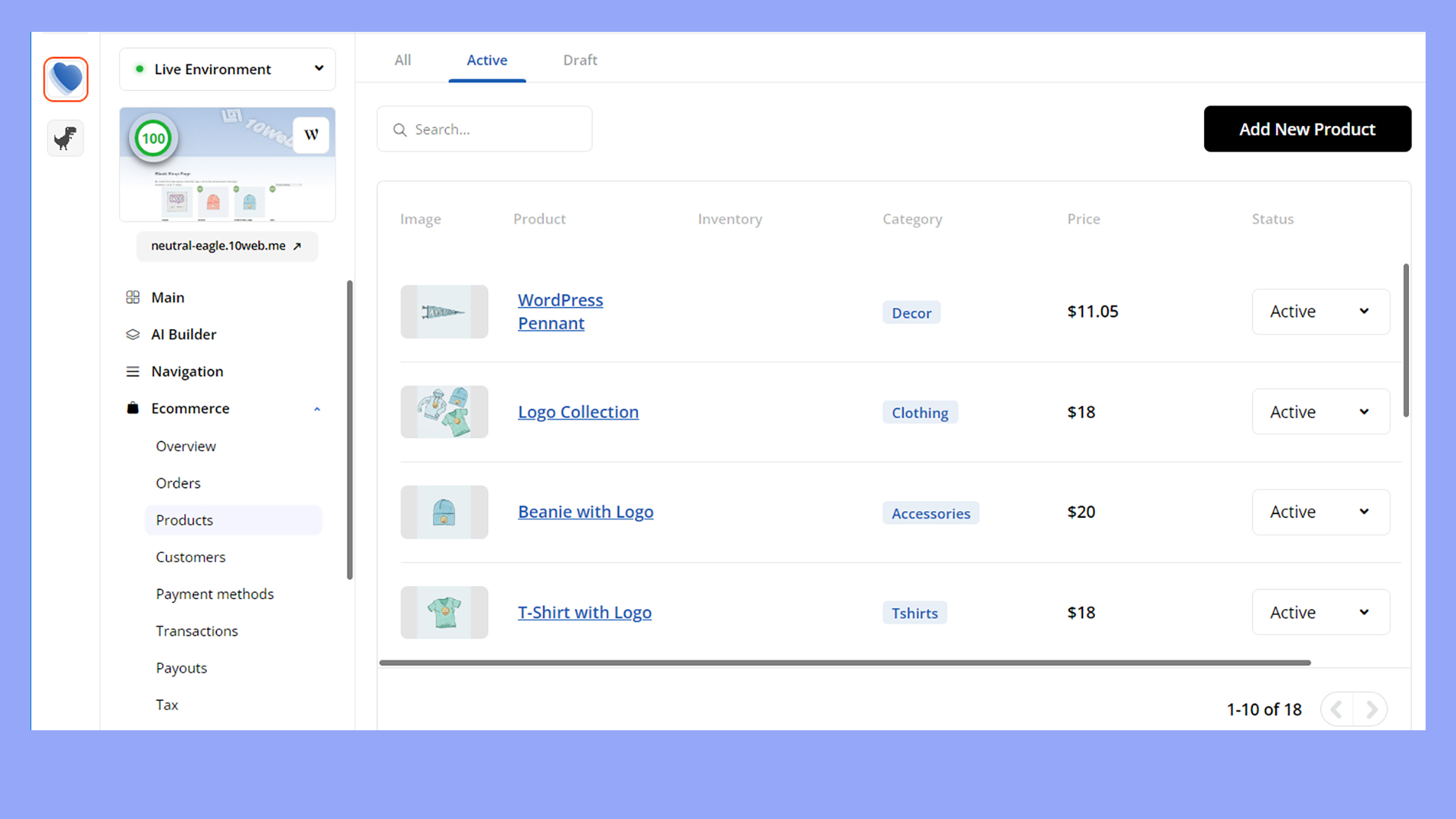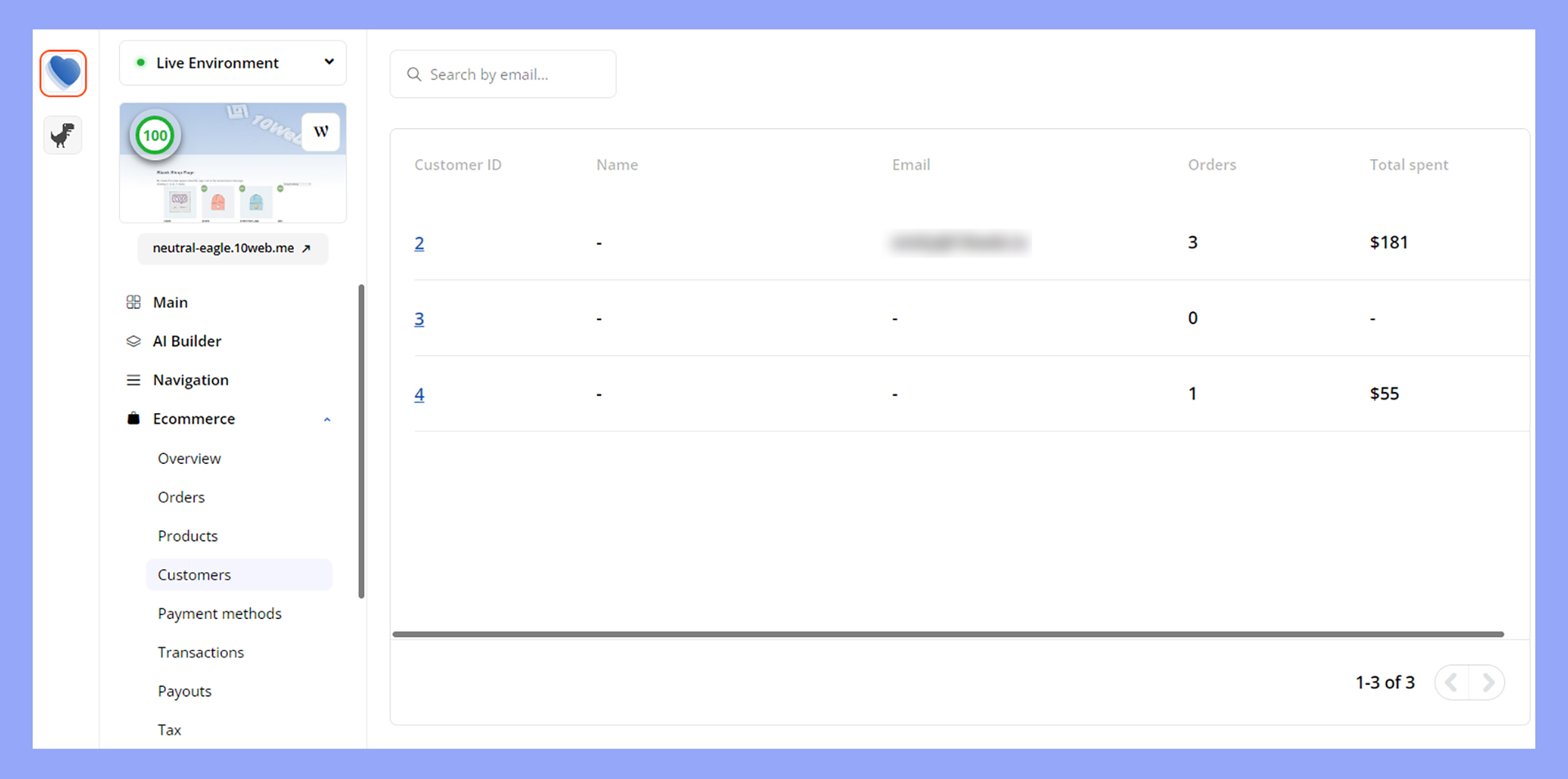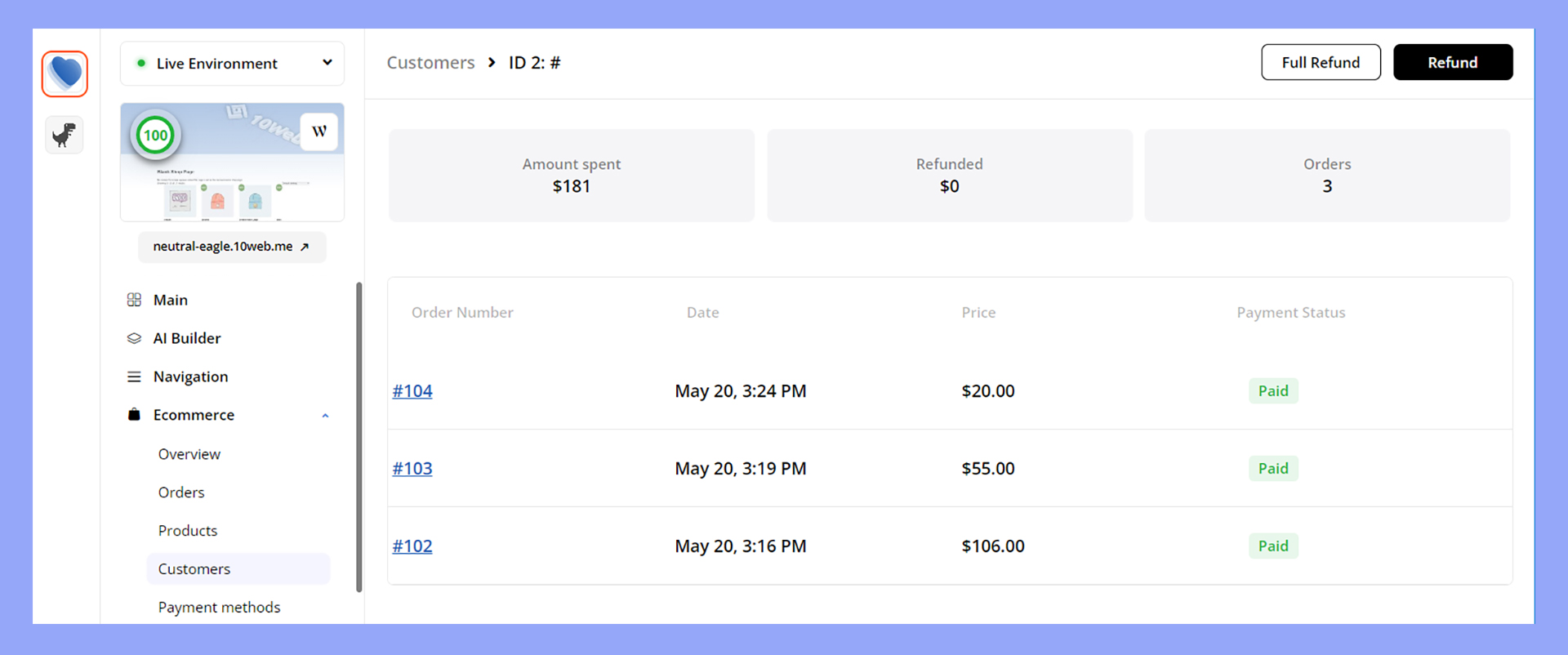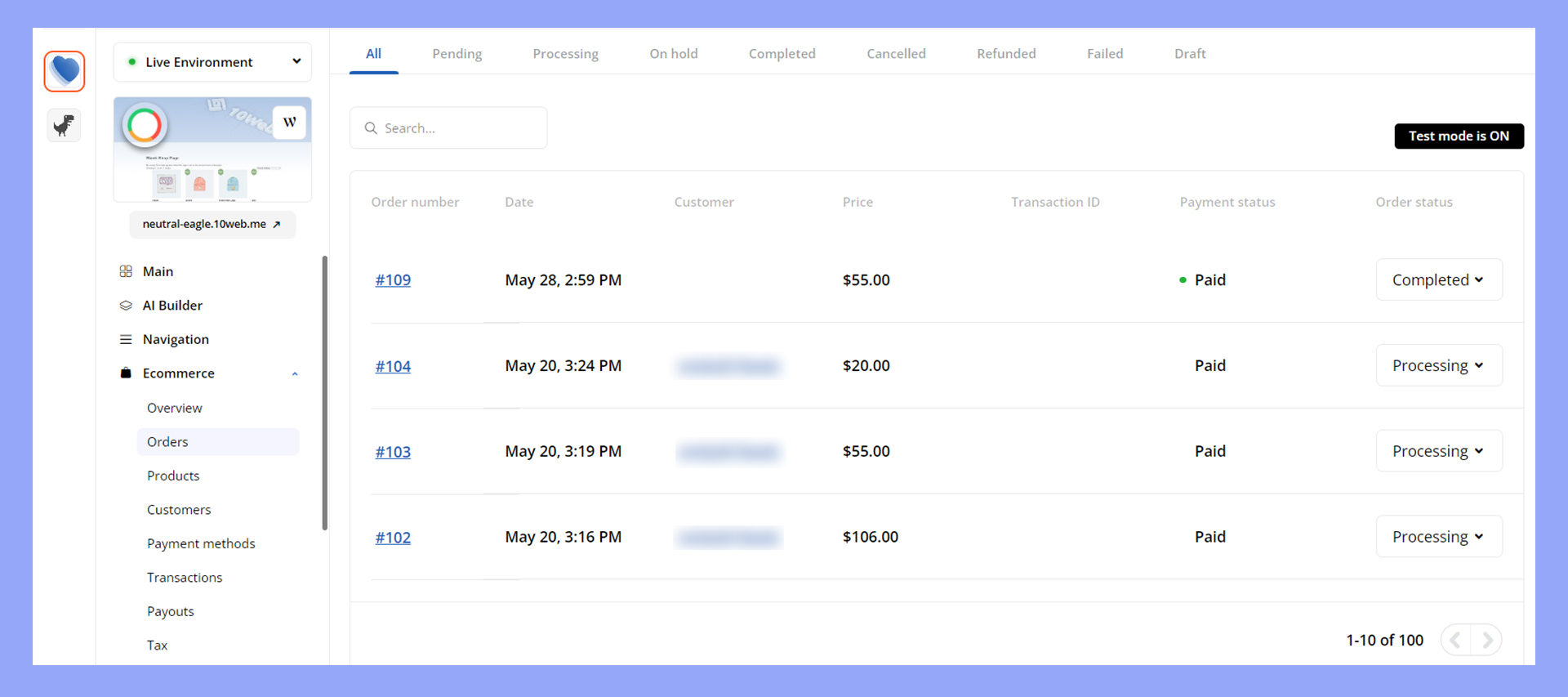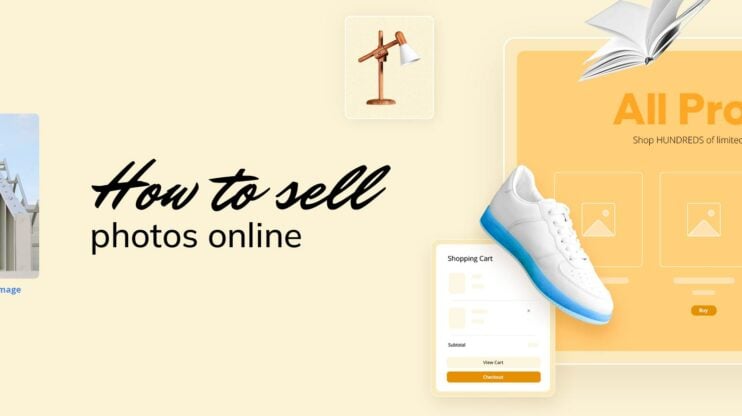The demand for selling alcohol online has skyrocketed, driven by shifting consumer behaviors and a growing preference for convenience. This burgeoning market presents a unique opportunity for entrepreneurs and established businesses, offering a chance to tap into a lucrative industry projected to reach $42 billion by 2025.
This guide will explore the current market landscape, financial prospects, and specialized segments within the online alcohol industry. It will also provide a step-by-step approach to establishing a successful online alcohol business, from brand creation to compliance with legal requirements, ensuring you are well-equipped to thrive in this exciting and rapidly expanding market.
FAQ
Can you sell alcohol online on eBay?
No, you cannot sell alcohol on eBay. eBay’s policy prohibits the sale of alcohol, including wine, beer, and spirits. There are a few exceptions for collectible alcohol containers that are unopened and can be sold for their value as containers rather than for the alcohol content. For selling alcohol online, you might consider platforms specifically designed for alcohol sales or creating your own ecommerce website using WordPress and WooCommerce.
How to sell alcohol on Etsy?
Selling alcohol on Etsy is not permitted. Etsy’s policies strictly prohibit the sale of alcohol, including homemade beverages and spirits. If you’re interested in selling alcohol online, you might need to explore alternative platforms that specialize in alcohol sales or set up your own online store using WordPress and WooCommerce to ensure you comply with all legal and platform-specific requirements.
Can I sell alcohol from my home in the UK?
Selling alcohol from your home in the UK requires obtaining the appropriate licenses. You need a premises license to sell alcohol at your location and a personal license for the person responsible for alcohol sales. It’s essential to comply with local regulations, including age verification and health and safety standards. Setting up an online store using WordPress and WooCommerce can help manage your sales and inventory efficiently while adhering to legal requirements.
Can you sell alcohol privately?
Yes, you can sell alcohol privately, but it involves specific regulations and licenses, depending on your location. In many places, selling alcohol without a license is illegal. If you’re looking to sell alcohol privately, ensure you obtain the necessary licenses and comply with local laws regarding alcohol sales. For online private sales, using an ecommerce platform like WooCommerce with WordPress can streamline the process, helping you manage legal compliance, sales, and customer interactions effectively.
How do I create an online store for selling alcohol?
To create an online store for selling alcohol, start by setting up a WordPress website and installing the WooCommerce plugin. WooCommerce provides a robust platform to manage products, process payments, and handle shipping. Ensure you obtain the necessary licenses to sell alcohol online and comply with legal regulations, including age verification. Customize your store with a professional theme, add your alcohol products, and set up secure payment gateways. WooCommerce offers various extensions to enhance functionality, such as inventory management and marketing tools, making it an ideal choice for launching your alcohol e-commerce business.
Create your custom online store in minutes with 10Web AI Ecommerce Website Builder and take your business online. 
Looking to sell online?
The current market for online alcohol sales
The online alcohol market has grown significantly. This is driven by new trends and changing consumer behavior. The market is expanding financially and diversifying into specialized segments.
Trends within the market
A few years ago, the demand for online alcohol sales surged, partly due to COVID-19. Today, this trend continues as more people prefer the convenience of online shopping.
Consumer behavior has shifted, with buyers looking for unique and craft beverages. People are also mixing alcohol with food purchases, leveraging platforms that sell food and drink together.
Trends include the rise of subscription services, virtual wine tastings, and the growth of direct-to-consumer (DTC) sales from wineries, breweries, and distilleries.
Financial projections of the market
The financial landscape of the online alcohol market looks promising. Estimates suggest that by 2025, the market could reach $42 billion.
Markets in North America and Europe are leading this trend, with significant growth potential also seen in emerging markets in Asia-Pacific and Latin America. Better licensing processes and advanced ecommerce tools fuel this increase. Liquor stores and bars are going online more than ever to tap into this lucrative market.
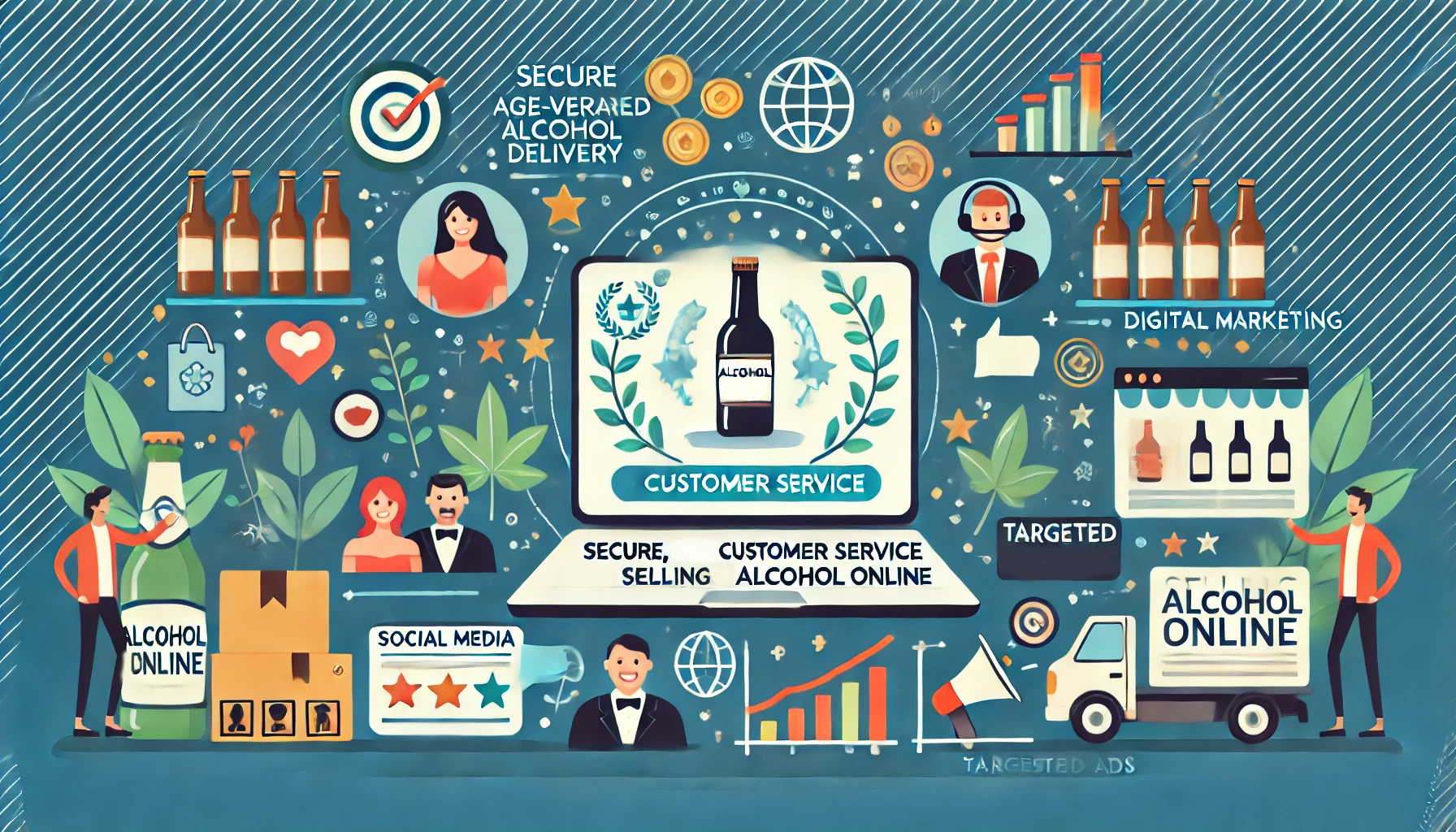
Specialized segments of the market
Specialized niches are becoming popular within this market. Craft beer, boutique wines, and artisanal spirits are in high demand. People want unique experiences, not just generic brands.
To maximize profitability when selling alcohol or alcohol-adjacent products online, focus on niche markets, high-quality products, and unique offerings that stand out from the competition. Leveraging effective marketing strategies, building a strong brand, and providing exceptional customer experiences will help you succeed in this lucrative market.
Here are some of the most profitable categories and why they tend to be more lucrative:
1. Craft spirits
Craft spirits such as small-batch whiskey, gin, rum, and vodka are in high demand due to their unique flavors and artisanal production methods. Consumers are willing to pay a premium for these exclusive products.
To sell craft spirits online, focus on storytelling and brand heritage. Highlight the unique production process and ingredients. Partner with local distilleries and offer limited-edition releases to create a sense of urgency.
2. Premium wines
Premium and fine wines have higher profit margins because they cater to consumers who are willing to invest in quality. The perceived value of aged and rare wines also drives up prices.
One way to attract these customers is to offer a curated selection of wines, including rare vintages and exclusive labels. Provide detailed tasting notes, expert reviews, and pairing suggestions. Wine clubs and subscription services can generate recurring revenue.
3. Craft beers
The craft beer market has exploded in recent years, with consumers seeking unique and locally produced options. Limited releases and seasonal brews create excitement and demand.
To be successful in the craft beer market, it’s best to put together a diverse inventory that includes local and international craft beers. Use social media and email marketing to announce new arrivals and special events like virtual tastings.
4. Cocktail kits
Cocktail kits that include all necessary ingredients and instructions for making specific drinks at home have become popular. They appeal to consumers looking for convenience and a premium at-home experience.
Bundling premium spirits with mixers, garnishes, and custom glassware can help to boost sales in this market. Consider offering themed kits for holidays, special occasions, and popular cocktails. In addition, influencer marketing can showcase the kits being used in stylish settings.
5. Non-alcoholic beverages
There is a growing market for non-alcoholic alternatives like mocktails, alcohol-free beers, and wines. These products cater to health-conscious consumers and those who abstain from alcohol.
Highlight the health benefits and unique flavors of these products. Partner with wellness influencers and offer bundles that include recipes and serving suggestions. Promote them as a lifestyle choice rather than just an alternative to alcohol.
6. Homebrewing and distilling kits
Homebrewing and distilling kits allow consumers to make their own beer or spirits at home. These kits often have high-profit margins and appeal to hobbyists and DIY enthusiasts.
To increase homebrew product sales, provide comprehensive kits that include all necessary equipment and ingredients. Offer instructional content, such as videos and guides, to help beginners. Promote the kits as unique gifts for holidays and special occasions.
7. Accessories and glassware
High-quality accessories and glassware can significantly enhance the drinking experience. Items like decanters, specialty glasses, bar tools, and personalized products are in high demand.
To sell these types of products successfully, offer a range of stylish and functional accessories. Create bundles and gift sets that pair with specific types of alcohol. Use high-quality images and lifestyle content to showcase how these products enhance the drinking experience.
8. Limited edition and collectibles
Limited edition and collectible bottles attract enthusiasts and collectors willing to pay a premium. These items often appreciate in value over time.
To sell collectibles, focus on exclusivity and rarity. Provide detailed product descriptions and provenance information. Use email marketing to notify loyal customers about new releases and pre-orders.
9. Alcohol-infused foods
Alcohol-infused foods, such as chocolates, sauces, and baked goods, offer a unique twist and appeal to gourmet food lovers.
Consider partnering with local artisans and producers to create exclusive products. These types of creative ventures tend to attract an audience that’s receptive to gourmet products. Highlight the quality of ingredients and the unique flavor profiles. Use attractive packaging and presentation to make these items suitable for gifting.
10. Subscription services
Subscription services for alcohol or alcohol-adjacent products provide a steady stream of recurring revenue. Customers enjoy the convenience and surprise of receiving new products regularly.
To sell subscription services, consider offering various subscription tiers to cater to different budgets and preferences. Include exclusive products and early access to new releases. Use customer feedback to improve and personalize the subscription experience continually.
Bars and liquor stores are creating online experiences tailored to these niches. Additionally, there’s a crossover with other online markets like coffee and food. Websites that specialize in selling coffee online are sometimes adding craft spirits to their inventory, appealing to gourmet enthusiasts.
Create your custom online store in minutes with 10Web AI Ecommerce Website Builder and take your business online. 
Looking to sell online?
How to sell alcohol online
Selling alcohol online involves creating a strong brand and defining your vision. You need to treat branding with care and understand your vision for the business, making sure you comply with laws and regulations.
Brand creation
You need a strong brand to stand out in the crowded online market. Start by thinking about what makes your product unique. Are you selling premium wines, craft beers, or specialty spirits? Identify your niche and target audience.
Next, choose a business name, design a logo, and create a color scheme representing your brand. This can help customers instantly recognize your products. If needed, consider hiring a graphic designer.
Consistency is key. Use the same fonts, colors, and imagery across your website, social media, and packaging.
Also, craft a compelling story about your brand. Share how you started, your passion for quality, and why customers should trust your products.
An engaging website is essential. Platforms like Shopify and Square Online make it easy to build a professional site. To comply with laws, integrate age verification. Include detailed product descriptions, high-quality images, and customer reviews.
Vision
Having a clear vision will guide your business decisions. Think about your goals and the values driving your business. Are you aiming for sustainability, luxury, or convenience?
Compliance with laws and regulations is crucial. Apply for all necessary licenses like a winery, brewery, or distillery license and a shipper’s license.
Plan your logistics carefully. Partner with reliable suppliers and consider fulfillment options like direct-to-consumer shipping. Ensure you understand shipping laws and age verification procedures to avoid legal issues.
Evaluate your competition and market trends. Understand consumer preferences and adjust your offerings accordingly. Regularly update your inventory and use ecommerce platforms like BlueCart or WooCommerce for efficient inventory management.
Market research
Doing market research is key when you want to sell alcohol online. It helps you understand your customers and your competition. This knowledge will guide your decisions.
First, identify the types of alcohol you plan to sell. Look at trends in wine, beer, and spirits. Use surveys and online tools to see what your target market prefers.
Steps for Market Research
- Study the industry: Look at reports and data about online alcohol sales. Focus on growth patterns and popular products.
- Analyze competitors: Find out who your main competitors are. Visit their websites and social media. Note their pricing, branding, and customer reviews.
- Identify your target audience: Specify your ideal customers. Are they wine enthusiasts, craft beer fans, or spirit connoisseurs? Know their age, interests, and buying habits.
- Use online tools: Tools like Google Trends and social media analytics can show you what’s trending. Pay attention to popular keywords and hashtags related to alcohol.
- Customer feedback: Poll your potential customers. Use online surveys or social media polls. Ask them about their preferences and buying behavior.
- Test the market: Start with small batches of your product. Use these test batches to gather feedback. This helps you adjust your strategy before a full launch.
Data sources for research
- Industry reports: Offer insights into market trends.
- Competitor websites: Show what others are doing right (or wrong).
- Surveys and polls: Direct feedback from your potential customers.
- Online tools: Real-time data about current interests and trends.
Writing a business plan to sell alcohol online
Selling alcohol online requires a solid business plan. This plan will help guide your decisions, secure funding, and ensure compliance with regulations.
- Executive summary
- A brief overview of your online alcohol store.
- Include the mission statement and business goals.
- Company description
- Describe the business structure (e.g., LLC, corporation).
- Explain your target market and niche.
- Market analysis
- Research competitors and market trends.
- Identify your target customers and their preferences.
- Organization and management
- Outline your business hierarchy.
- List key team members and their roles.
- Products and services
- Detail the types of alcohol you plan to sell.
- Mention any special services like delivery or subscriptions.
- Marketing and sales strategy
- Discuss your branding and online presence.
- Explain your advertising and sales tactics.
- Funding request
- State your funding needs and plans for using the funds.
- Include any future financial requirements.
- Financial projections
- Provide sales forecasts and profit margins.
- Prepare projected income statements and balance sheets.
- Licensing and permits
- List the necessary licenses and permits for selling alcohol online.
- Mention the compliance with state and local laws.
- Operational plan
- Schedule tentative dates for key milestones.
- Outline daily operations and logistics.
Best platforms for selling alcohol online
When it comes to selling alcohol online, choosing the right platform is key to your success. Here are some of the best options:
Amazon
Amazon offers vast reach and a large customer base. It’s easy to use and integrates well with various payment solutions.
- Benefits: Massive audience, trusted brand.
- Challenges: High competition and platform fees.
Drizly
Drizly is a popular choice for alcohol delivery. It connects customers with local liquor stores.
- Benefits: Fast delivery, niche market.
- Challenges: Limited to specific regions, requires partnership with local stores.
Wine.com
Wine.com specializes in wine and spirits, offering a broad selection and shipping options.
- Benefits: Focused audience, quality service.
- Challenges: High competition within the platform, specializing in wine and spirits.
Direct-to-consumer
Platforms like Shopify and WooCommerce allow complete control over branding and customer experience.
Creating your own site using WordPress and WooCommerce lets you control every aspect of your business.
- Benefits: Full control, customizable.
- Challenges: It may require marketing efforts to drive traffic and build an audience.
Create your custom online store in minutes with 10Web AI Ecommerce Website Builder and take your business online. 
Looking to sell online?
Choose an ecommerce platform
Choosing the right sales platform is crucial when selling alcohol online. Marketplaces offer immediate traffic but come with fees and less control over the customer experience. DTC platforms require more marketing effort but provide a more personalized brand presence and customer relationship.
Here’s a simple guide to help you make the best choice.
- Identify your needs: Determine what features you need. Do you want a basic store or advanced options like inventory management?
- Research options: Look into platforms like WooCommerce, Shopify, Drizly, and Wine.com. WooCommerce is favored for its user-friendly interface and scalability.
- Ease of use: Choose a platform that’s easy to set up and manage. This will save you time and reduce headaches.
- Features: Make sure the platform supports selling age-restricted products. Check for essential features like secure payment gateways and age verification.
Key features for alcohol ecommerce sites
| Feature | Importance |
| Age verification | Mandatory to ensure legal compliance |
| Secure payments | Essential for customer trust |
| Inventory tracking | Helps manage stock efficiently |
| Shipping support | Crucial for shipping age-restricted products |
- Age verification: To comply with laws, it’s important to verify your customers’ ages. Look for a platform that offers built-in age verification or allows you to add it.
- Secure payments: Integrate with secure payment gateways. This ensures your customers’ payment information is protected, which builds trust.
- Inventory tracking: Make sure the platform has good inventory tracking. It’s helpful to know what you have in stock and when to reorder.
- Shipping support: Ensure the platform supports shipping options for alcohol. Some carriers may have restrictions, so this is crucial.
Creating an ecommerce website to sell alcohol online
Some types of web hosting make developing, managing, and maintaining a website much easier. Using 10Web’s AI-powered WordPress platform, you can generate a professional, branded website tailored to your needs and set up automated web hosting in just a few minutes. The following steps will guide you through generating and customizing your online store, configuring payment methods, and managing products and customers.
- Go to the 10Web AI Ecommerce Website Builder and select Generate your website.

- Choose the option to Create a new website with AI.

- You have the option to create an informational site or an ecommerce-enabled site. Select the option to generate an online store.

- Select your store type from the dropdown menu.

- Fill out the prompts about your company and services. Be descriptive; more details about what types of alcohol you want to sell online help the AI create tailored content for your site. You might try a description that includes the products you sell. For example, “We offer a wide selection of high-quality craft beers, premium wines, specialty accessories, and homebrewing equipment.” Select Enhance with AI to improve your description instantly.

- Edit the suggested products and categories as needed.

- Review the generated website. The AI will provide a structure and initial content based on your inputs.
Once your site is generated, you can customize and edit it with the 10Web Builder.
How to customize and edit the site with the 10Web builder
Customizing your website is straightforward with the 10Web Builder’s drag-and-drop interface.
- Use the Elementor-based 10Web builder to drag and drop widgets, change layouts, and update your content.

- Replace images and text by clicking on them and using the options provided.
- Add new elements like forms or pricing tables by dropping in premium widgets.
This easy customization ensures your site matches your brand perfectly.
Configuring payment methods
- Go to the 10Web dashboard and select Settings.
- Click on the Payments tab.
- Choose the payment gateways you want to enable, such as PayPal or Stripe, from the available options.

- Follow the prompts to enter the necessary details and credentials for each gateway.
- Test each payment method to ensure it works correctly.
Configuring payment methods properly will ensure a smooth checkout experience for your customers.
Managing products
- Open the Products section in the 10Web dashboard.

- Click Add New Product.
- Fill out the required fields, such as product name, description, and price, and upload product images.
- Use categories and tags to organize products for more straightforward navigation on your site.
- Save and publish each product.
Managing your products efficiently helps maintain an organized and user-friendly online store.
Managing customers
- Go to the Customers section in the dashboard.
- View a list of registered users and their details.

- Click on a customer’s ID to see their order history, contact information, and preferences.

- Use the available tools to manage customer data, such as editing profiles or adding notes.
- Export customer lists for marketing campaigns or other needs.
Managing orders
- Go to Ecommerce > Orders in the dashboard.
- Here, you can view a list of orders and their status.

Create your custom online store in minutes with 10Web AI Ecommerce Website Builder and take your business online. 
Looking to sell online?
Marketing and boosting online alcohol sales
Building a successful online alcohol business involves more than just setting up a store. It’s essential to comply with advertising laws, use various methods to connect with your audience and focus on customer engagement through different platforms. Below are important strategies to consider.
Compliance with advertising laws when selling alcohol online
It’s crucial to follow advertising laws when selling alcohol online. Legal requirements vary by region. Provide age gates on your website to prevent minors from accessing alcohol content. Ensure all promotions follow local regulations, such as not advertising to underage individuals and avoiding promoting excessive drinking. Consult legal advice to stay compliant and avoid fines.
Diverse methods to effectively connect with your audience
Use various channels to reach customers. Social media, email, and blogging are effective ways to engage your audience. Target your messages based on user preferences and behaviors. For example, personalize emails with the customer’s name or previous purchase history. Create engaging content on platforms like Facebook and Instagram to build a loyal following.
Content marketing
Content marketing helps establish your brand’s identity and values. Write informative blog posts about different types of alcohol, pairing suggestions, and industry trends. Share stories about your brand’s journey and values. This helps build trust and keeps your audience informed. Use SEO techniques to ensure your content ranks well on search engines, increasing visibility.
Social media
Social media platforms like Facebook and Instagram are powerful tools for engaging customers. Use eye-catching images and videos to attract attention. Host giveaways or contests to increase interaction. Share customer reviews and testimonials to build credibility. Keep your accounts active by posting regularly and responding promptly to comments and messages.
Email marketing
Email marketing is critical for maintaining communication with your customers. Send personalized offers and updates about new products or promotions. Segment your email list to send relevant messages to different customer groups. Use attractive subject lines to increase open rates. Regularly update your email content to keep it fresh and engaging.
Interactive content and blog posts
Interactive content engages customers more deeply. Create quizzes, polls, or photo contests related to your products. This not only entertains your audience but also provides valuable feedback. Blog posts about product features, industry news, or customer stories can increase traffic to your site. Quality content helps establish your authority in the market.
Customer service and feedback
Excellent customer service is essential for building loyalty. Respond quickly to inquiries and resolve issues promptly. Use platforms like Drizly, Doordash, or ReserveBar to provide convenient delivery options. Encourage customers to leave reviews and feedback. Positive reviews build trust, while constructive feedback helps improve your service. Implement a loyalty program to reward repeat customers and keep them coming back.
Legal requirements and regulations
It can be profitable to sell alcohol online, but you must follow specific legal requirements and regulations to ensure compliance and avoid hefty penalties. The key areas to focus on include obtaining proper licensing, adhering to federal and state laws, verifying customer age, and understanding shipping restrictions.
Licensing and permits
Before you start selling alcohol online, you need various licenses and permits. These depend on your business location and the type of alcohol you plan to sell. At a minimum, you’ll need a federal permit from the Alcohol and Tobacco Tax and Trade Bureau (TTB). You might also require state and local licenses. It is crucial to check your local requirements because each state has different rules.
Federal and state laws
Understanding federal and state laws is crucial. Federally, you must comply with the Alcohol Beverage Control (ABC) laws and TTB regulations. States have their own requirements, which may include specific licensing, shipping limits, or taxes. For example, some states prohibit direct-to-consumer shipments, while others have strict quantity limits. Always ensure your business practices align with both federal and state laws.
Age verification laws
Age verification is one of the most critical aspects of selling alcohol online. You must ensure that customers are of legal drinking age, typically 21 in the United States. This can be done using online age verification tools at the point of sale. Additionally, requiring an adult signature upon delivery can further ensure compliance.
Shipping restrictions when selling alcohol online
Shipping alcohol involves its own set of rules. First, you must understand which states allow alcohol shipments and under what conditions. Some states have complete bans, while others allow it under strict regulations. You must also adhere to carrier policies, such as those from UPS or FedEx, which may have specific requirements for shipping alcohol, including packaging standards.
Legal restrictions on shipping alcohol
Each state has unique laws on shipping alcohol. For example, states like Alabama and Utah prohibit it entirely, while others like California have more lenient rules. Always check the specific restrictions for each state you plan to ship to in order to stay compliant.
Shipping carriers and policies
To successfully sell alcohol online, you must be aware that shipping carriers have different policies for shipping alcohol. UPS, FedEx, and USPS have unique requirements. For example, USPS does not ship alcohol, while UPS and FedEx require special agreements. Make sure to read and understand the policy of your chosen carrier and comply with their specific rules.
Packaging requirements
Proper packaging is essential for shipping alcohol. You need sturdy materials that comply with carrier regulations. Use approved shipping boxes designed for wine or spirits to prevent breakage. Ensure each bottle is individually cushioned and securely packed. Labeling the package as containing alcohol is also important for compliance and safety.
Handling returns
Returns can be tricky with alcohol due to legal restrictions.
Most states have laws against accepting returns of alcohol for resale. Make sure you communicate your return policy clearly to customers.
Handle returns according to state laws. It’s often best to offer refunds or exchanges rather than attempting to restock returned items.
In summary
Selling alcohol online presents a significant opportunity for growth and innovation in a dynamic and expanding market. Here’s a quick recap of the essential steps to get started:
- Create a strong brand: Identify your niche, design a compelling brand identity, and build an engaging website.
- Understand your vision: Define your business goals, ensure compliance with laws and regulations, and carefully plan logistics.
- Conduct market research: Study industry trends, analyze competitors, and understand your target audience.
- Choose products strategically: Identify products in high demand to capitalize on trends and hype surrounding specialized areas with high profit margins.
- Develop a business plan: Outline your business structure, market analysis, organization, products, marketing strategies, and financial projections.
- Choose the right platform: Select a suitable ecommerce platform, ensuring it supports age verification, secure payments, and efficient inventory management.
- Market and engage customers: Utilize content marketing, social media, and email campaigns to connect with your audience and build brand loyalty.
- Ensure legal compliance: Obtain necessary licenses, adhere to federal and state laws, and follow shipping restrictions and carrier policies.
While the journey of selling alcohol online may come with challenges, such as navigating complex legal requirements and ensuring safe delivery, there are effective strategies to overcome these obstacles. Partnering with reliable suppliers, investing in robust age verification tools, and staying updated on regulatory changes can help mitigate potential issues. Additionally, leveraging the power of digital marketing and providing exceptional customer service will enhance your brand’s reputation and drive sales.


